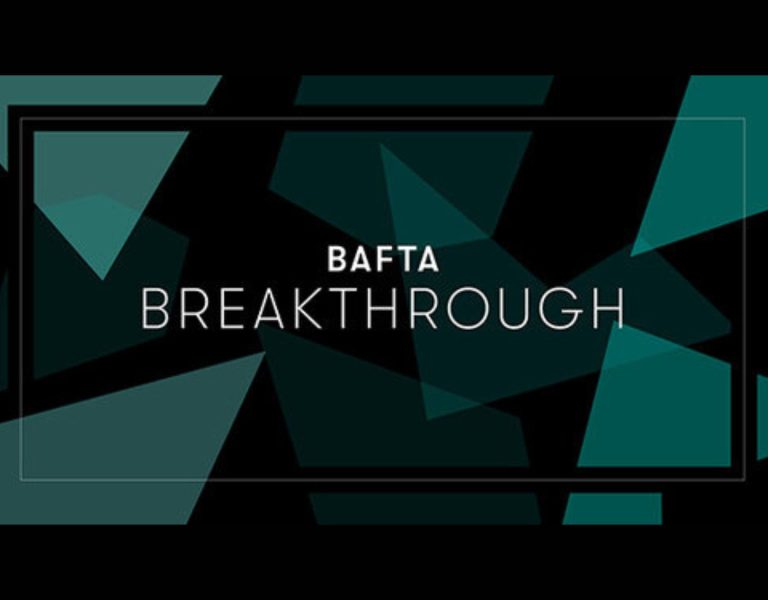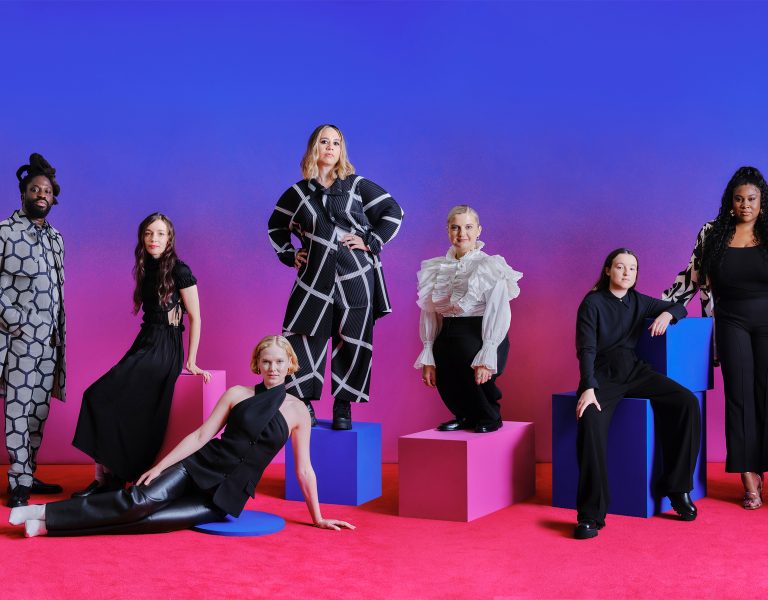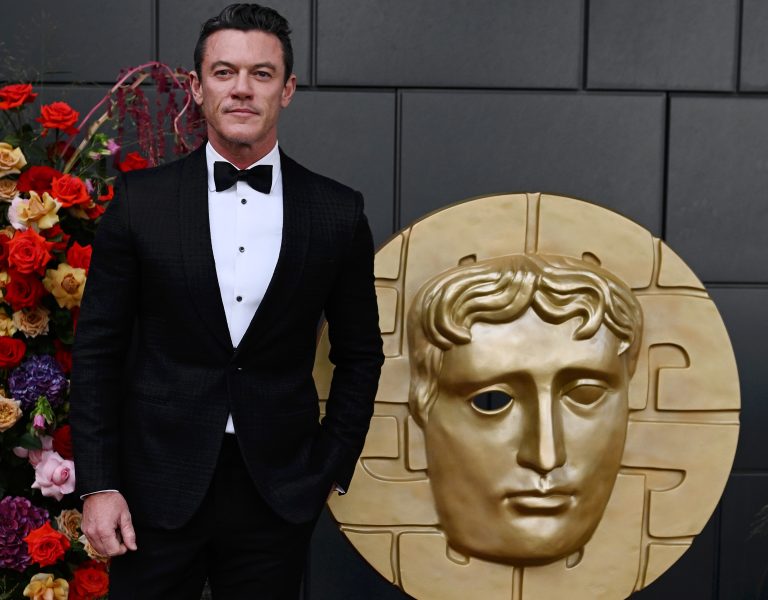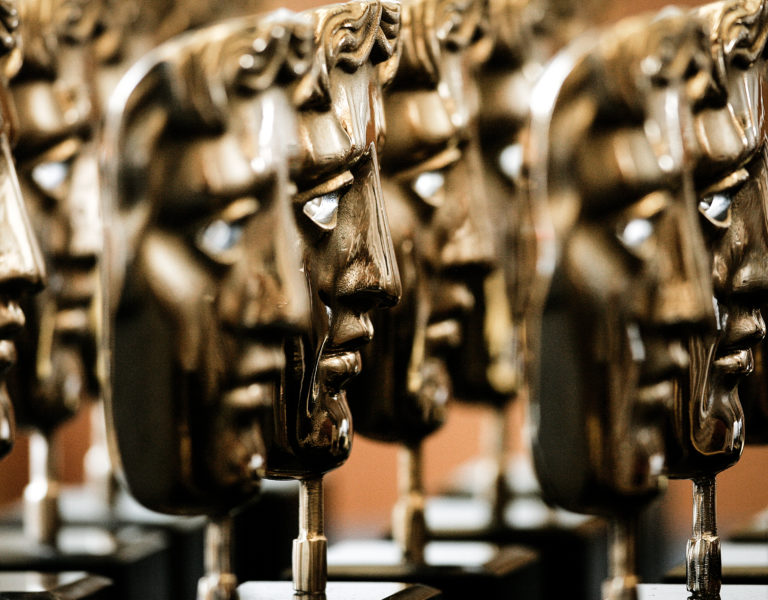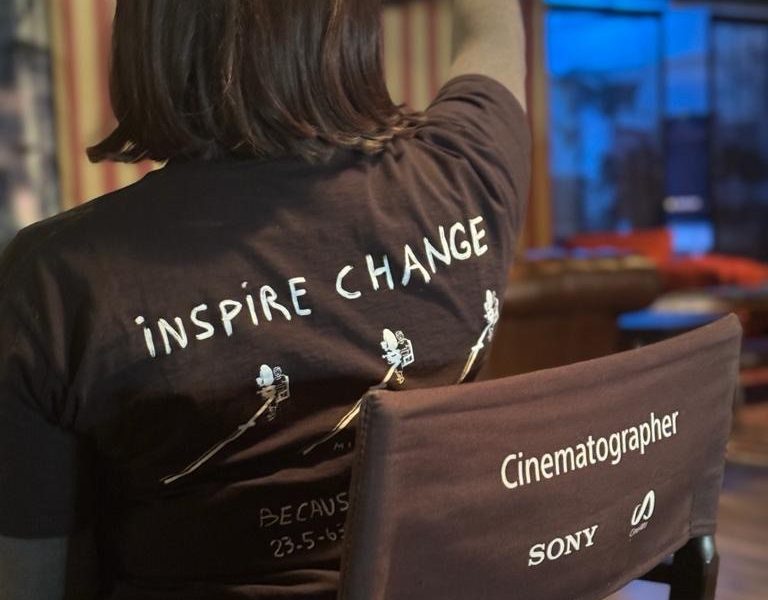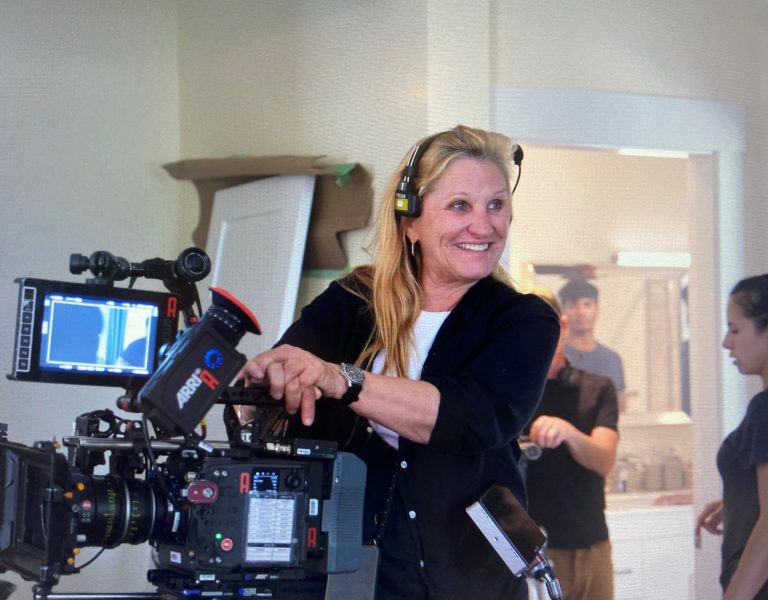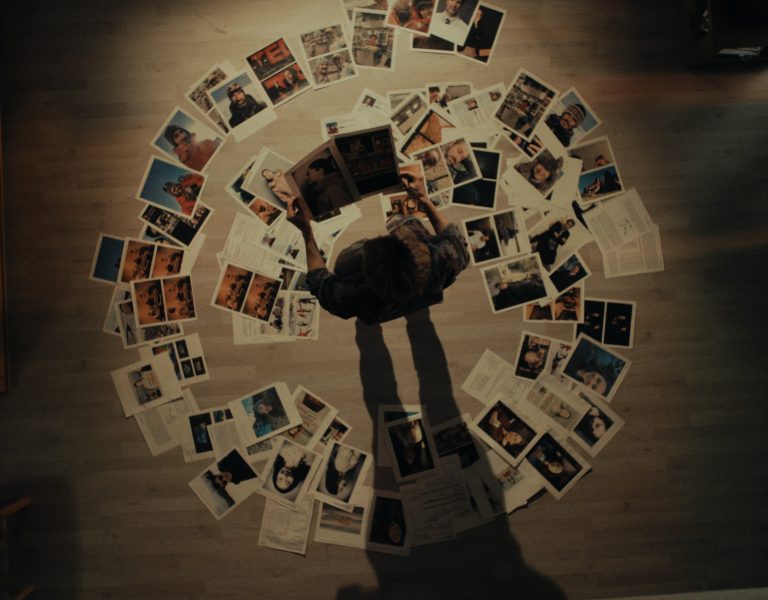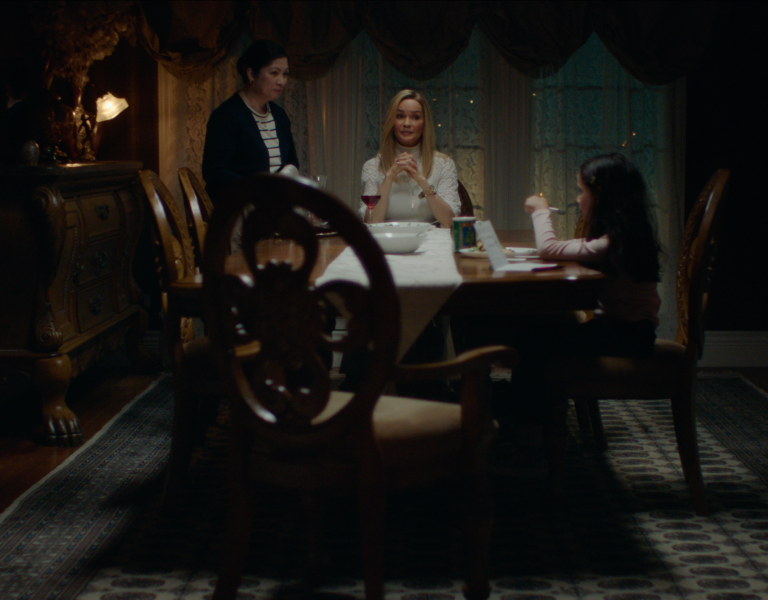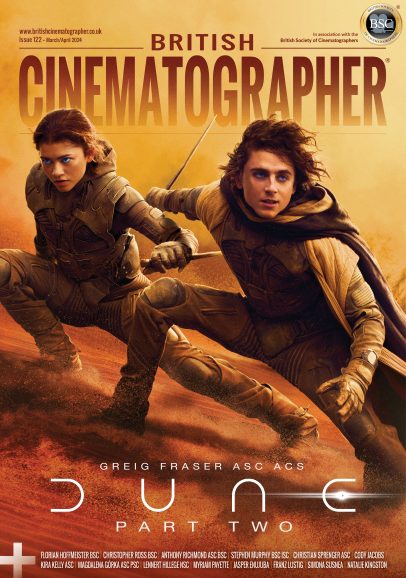BAFTA Breakthrough, supported by Netflix, celebrates the next generation of creative talent working in film, games and television. Meet Santiago Gonzalez, the cinematographer selected to be part of the programme’s US cohort.
Could you take us through your career so far, starting with who or what first sparked your interest in cinematography?
I’ve always been a fan of films and going to the movies. I used to spend a lot of time at the local movie theatre and would also walk to a nearby Blockbuster whenever I had the chance. My cousin and I were both obsessed with movies. He had a more elevated taste and was solely responsible for introducing me to world cinema. He really opened my eyes to films that had more depth than the blockbusters that initially sparked my interest in filmmaking. The more I watched films break the rules of the blockbusters I was used to, the more I became fascinated by what movies could truly mean to an audience. Films by Michael Haneke, Catherine Breillat, Wong Kar-wai, Andrea Arnold, and Krzysztof Kieślowski inevitably sparked an interest in pursuing filmmaking as a career.
Much to my parents’ chagrin, I attended film school at Boston University, determined to become a cinematographer. After graduating, I became a prep tech at a local rental house. Through the relationships I built there, I progressed to become a loader and 2nd AC, eventually joining the union and working on commercials and a couple of features. Feeling disheartened after a challenging feature film experience in Boston, I decided to move to NYC, open to exploring new opportunities.
I secured a job working with equipment at a digital capture still photography company and eventually transitioned into a role as a producer. Due to the advent of the RED Camera, I became the head of their video department. Part of my responsibilities included taking the camera to shoots and assisting photographer/directors in using and learning about the equipment. Quickly, I began to be requested as a DP to shoot for the people I had initially been teaching. This led to putting together a reel and eventually catching the attention of an agency that began representing me. I eventually chose to go freelance and slowly started working on more significant commercial productions and music videos.
As I began collaborating with higher-profile names in the music industry, I found myself working with Beyoncé. I contributed to some of “Lemonade” and played a substantial role in “Black is King.” Through this work, I was able to transition into shooting feature films, with Shortcomings being my first film debut.
Your work oscillates between commercial, music videos and narrative – do you have a favourite genre?
I love all three for different reasons. Music videos are fantastic for exploring new ideas, techniques, and equipment. There is usually a lot of freedom in what you’re shooting, making it a playground for cinematographers. I’ve been fortunate to shoot for numerous high-profile artists, and while these projects offer creative freedom, you must be prepared for ideas to change suddenly or morph into something else. These artists won’t wait around for you to figure things out or adapt, even if the change wasn’t your idea.
Commercials provide a space to leverage the knowledge gained from the freedom experienced in music videos. It’s an opportunity to enhance your skills with meticulously planned methods of execution, more time for preparation, and increased resources to bring your ideas to life.
Narrative work combines elements from both, but now you have the tremendous privilege of moving an audience with your role in telling a story. It allows you to bring ideas and themes to fruition, possessing the power to change somebody’s day, mood, mind, and even their life. So far, I would say this has been my favorite type of project.
What qualities do you look for in a project before deciding to take it on?
So far for me it’s been all about the script. When reading I try to think if I have anything to offer it, to add to it visually. Does it resonate with me enough for me to be able to help it come across? How can I help tell this story? If I like the story and I feel like I could bring something to the table then it makes me feel excited to be a part of it. The other major part of what I look for is a collaborative director. Once I know and feel like I can bring something to the table, I look for a director that is willing to work together, to be open to help in bringing their story to life. I’m not necessarily looking for a specific genre. I like the idea of making a career that can encompass all genres.
What do you think is the secret to a successful DP-director relationship?
I believe the crucial element in a successful DP-director relationship is effective communication. I’ve come to recognize the paramount importance of thorough communication about the project—clearly outlining ideas, goals, and needs—before the onset of production. This groundwork establishes a shorthand, ensuring that during production, both parties are in sync regarding the project’s essence, potential, and the standard it deserves. When you’re shooting, everything has already been discussed. As a DP, you’re able to envision the story the way the director intends to tell it, fostering a seamless collaboration.
This year your first feature, Shortcomings, debuted at Sundance. What were the cinematographic challenges of this film and how did you overcome them?
Overall, I wanted the look of the film to be as natural as possible but also give a sense of what the characters are feeling throughout their scenes. Randall and I spoke a lot about this during blocking. We wanted the locations to help further speak to what each character is feeling and so we used pieces of the set and framing to show a character’s isolation, loneliness, etc. The biggest challenge was lighting the scenes to feel as natural as possible while simultaneously incorporating some of the stylistic choices determined by our visual language. We also wanted certain scenes to be a bit more intricate in the blocking and camera movement. So, I had to balance the increased production demands for certain scenes with the need to maintain the production value of simpler scenes.
Which of your projects are you most proud to have lensed and why?
Among the projects that are currently out in the world, I would have to say the one I’m most proud of is Beyonce’s “Black is King.” It felt like a huge accomplishment after I watched the finished product. I think it was so beautifully handled by all the cinematographers involved and I felt so proud of the work that my crew and I contributed. Seeing the scope of what it became and helping achieve such a wonderful project was a dream. It was also so much fun to bring so many different styles and ideas to the table for specific sections of the film and for the ideas to really shine and come through.
What would be your dream project and why?
I would love to do a project with Guillermo del Toro. I’ve been a fan of his since I watched Cronos. I love that he is able to work within so many different genres and make it wholly his own.
What are you looking forward to professionally in 2024 and beyond?
I’m excited to explore new genres. I look forward to new collaborations and new stories. I’m excited to see where this all goes. I’ve been so lucky to have such great experiences with the film productions I’ve been a part of, I consider some of those crew and directors I’ve worked with family.
What does it mean to you to be recognised by BAFTA?
It is such an honour to be recognised by BAFTA. I’m excited to join such a large creative community. I’ve already met the rest of the cohort in this year’s programme and was astounded by what they’ve already accomplished. In a matter of an afternoon, I was introduced to several new perspectives on our industry as a community and I’m proud that BAFTA recognised me as one of those voices. I’m excited to meet with other BAFTA members as part of the mentorship programme, and look forward to gleaning knowledge from artists that have already walked this path.
What do you hope to get out of the programme?
I hope it gives me the opportunity to create new relationships and connections in the industry that can give me, or through me give someone else, an open door to future collaborations. I’m excited to meet new people, listen to new voices and broaden the scope of our filmmaking community.
Find out more about BAFTA Breakthrough and the full cohort here.

